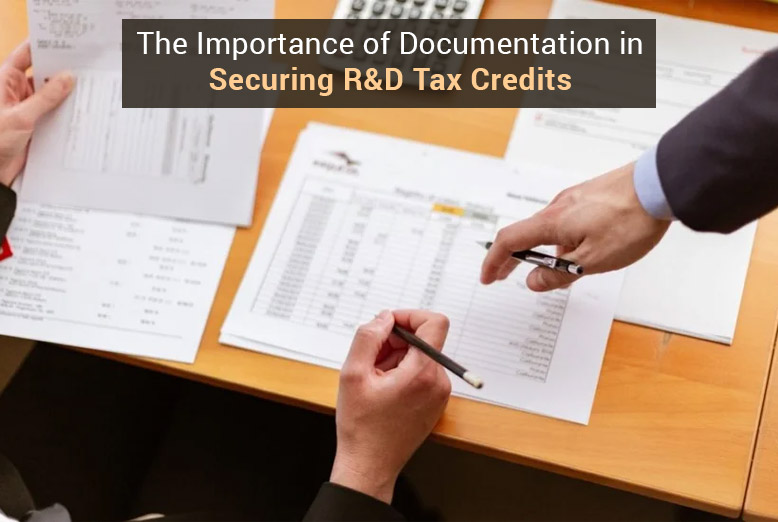Becoming a pilot takes commitment and proper training. Before starting flight school, you must meet specific requirements to prepare for the challenges ahead. Meeting these qualifications is the first step toward earning a pilot’s license and beginning a rewarding career. The proper training process involves both physical and educational standards that help ensure safety and competence in the skies. While flying may seem like an adventurous career, it also comes with responsibilities that demand proper preparation. Understanding the key qualifications needed for pilot training will help future pilots set themselves up for success.
Meeting the Age Requirements
Age is one of the first qualifications to consider before starting pilot training. The Federal Aviation Administration (FAA) requires student pilots to be at least 16 years old to fly solo and 17 years old to obtain a Private Pilot License (PPL). For a Commercial Pilot License (CPL), the minimum age requirement is 18, while an Airline Transport Pilot (ATP) certificate requires a pilot to be at least 23. These age limits ensure that pilots have the maturity needed to operate an aircraft safely. Kids and teens can explore aviation through intro lessons or flight simulators. Many flight schools allow students to start ground school before they meet the age requirements for flying. Starting early can provide valuable knowledge and experience before formal training begins.
Obtaining a Medical Certificate
Pilots must meet certain medical requirements before they can begin flight training. A medical certificate issued by an FAA-authorized Aviation Medical Examiner (AME) confirms that a pilot is physically fit to fly. There are three classes of medical certificates, with the first class required for airline pilots, the second class for commercial pilots, and the third class for private pilots. The examination checks vision, hearing, heart health, and overall physical condition to ensure the pilot can safely operate an aircraft. Certain medical conditions, such as severe vision impairment or heart disease, may prevent a person from obtaining a medical certificate. However, pilots with minor health conditions may still qualify if they meet specific medical standards. Maintaining good health and addressing medical concerns early can help ensure that a student pilot meets the necessary requirements.
Educational Background and English Proficiency
While a college degree is not required to begin flight training, having a strong educational background can be beneficial. Most flight schools and aviation programs require a high school diploma or equivalent. Pilots use math, physics, and problem-solving all the time. Aviation involves calculations related to navigation, weather patterns, and aircraft performance, making these subjects valuable for future pilots. Additionally, the FAA requires pilots to be proficient in English since it is the international language of aviation. Pilots must be able to communicate clearly with air traffic controllers and other aviation professionals to ensure safe flight operations. Those who are not native English speakers may need to pass an English proficiency test before beginning their training.
Obtaining the Right Training and Certifications
To officially begin pilot training, students must enroll in a certified flight school or work with a licensed flight instructor. Training starts with earning a Private Pilot License (PPL), which allows a pilot to fly for personal use. After gaining experience, pilots can work toward a Commercial Pilot License (CPL) if they want to fly professionally. Additional certifications, such as an Instrument Rating, allow pilots to fly in different weather conditions. Airline pilots must also obtain an Airline Transport Pilot (ATP) certificate, which is the highest level of pilot certification. Each stage of training requires passing written exams, flight tests, and accumulating a required number of flight hours. Selecting a good flight school with skilled instructors can help you succeed as a pilot.
Developing the Right Skills and Mindset
Becoming a pilot requires more than just meeting technical qualifications. Successful pilots must have strong decision-making skills, quick thinking, and the ability to remain calm under pressure. Flight training teaches students how to handle emergency situations and make safe choices in challenging conditions. Pilots must also be disciplined, as flying requires strict adherence to procedures and regulations. Good communication skills are essential for coordinating with air traffic controllers and crew members. Pilots have a big responsibility—they keep passengers and cargo safe. Developing these skills throughout training will prepare students for a successful career in aviation.
Starting pilot training requires meeting specific qualifications, including age, medical fitness, and educational requirements. Aspiring pilots must also develop strong communication skills and a disciplined mindset to handle the demands of flying. Flight training involves earning various certifications, with each stage requiring dedication and hard work. Becoming a pilot isn’t easy, but if you stay committed, it’s worth it. Choosing a quality flight school and preparing early can help students gain the knowledge and skills they need for success. Aviation is a field that requires both technical expertise and strong personal qualities. Meeting the key qualifications ensures that pilots are ready for the responsibilities of operating an aircraft. With the proper training and dedication, you can become a pilot.
Also Read: Pilot Training Fees in India: A Comprehensive Cost Breakdown for Aspiring Aviators




















